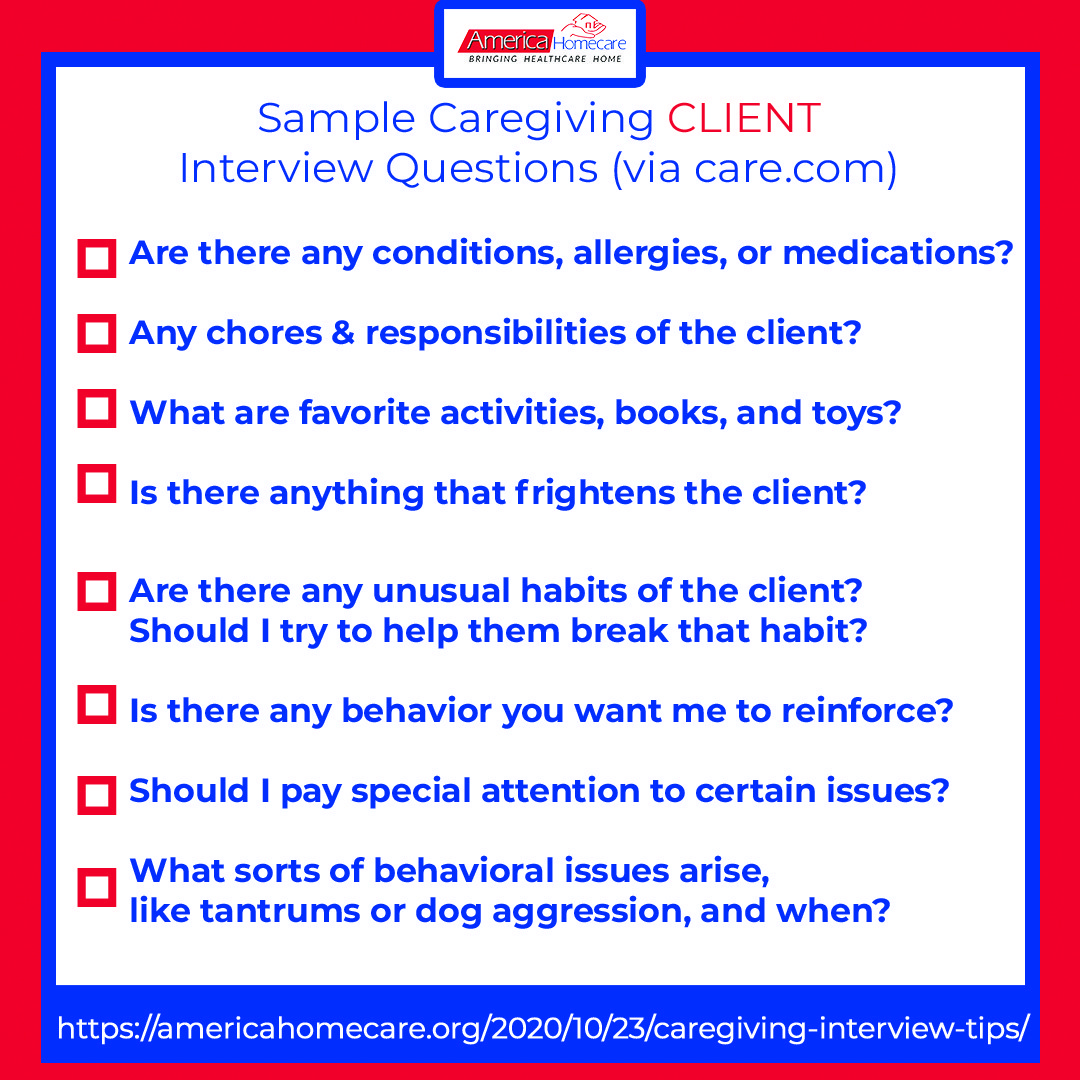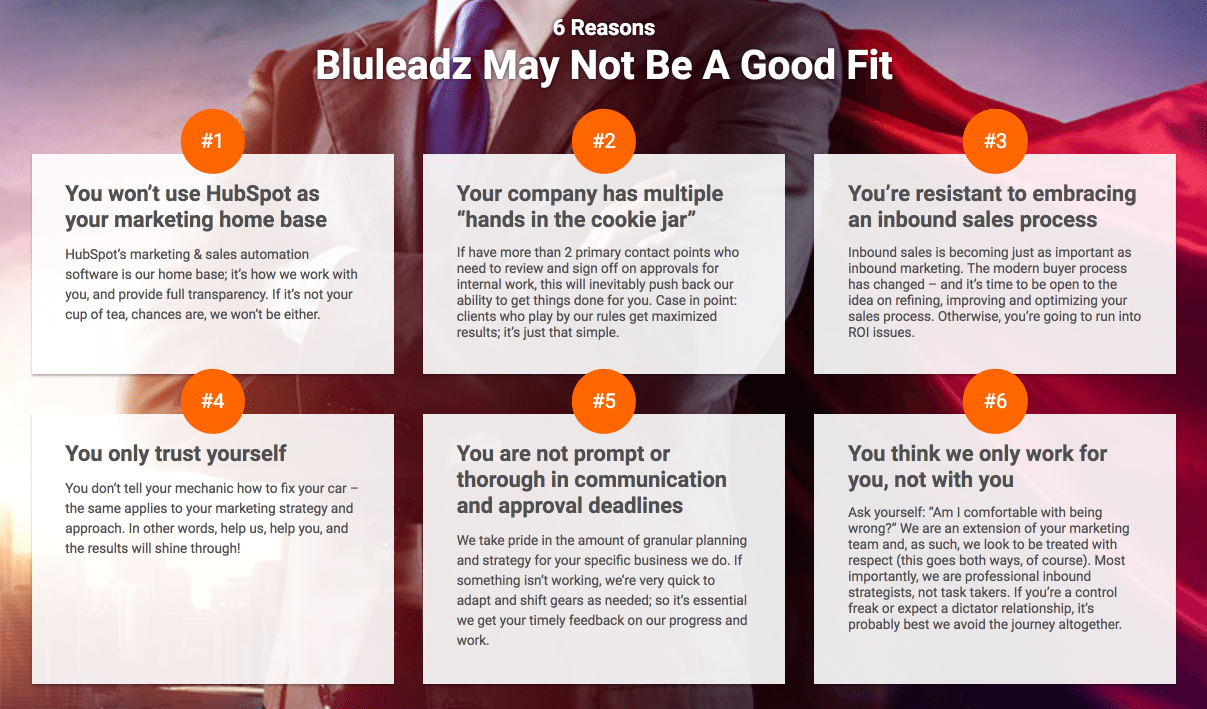Questions To Ask Potential Clients

In today’s competitive business landscape, securing new clients is crucial for growth, but it's equally vital to ensure a good fit. The initial client consultation is not just about showcasing your expertise; it's about discerning whether a partnership will be mutually beneficial and sustainable.
Asking the right questions from the outset can save time, resources, and potential headaches down the line. This article delves into the essential inquiries professionals should pose to prospective clients, ensuring alignment in expectations, goals, and working styles. It focuses on gathering critical information that informs sound decision-making and sets the stage for successful collaborations.
Unveiling the Client's Needs and Goals
Begin by understanding the client's primary objectives. What problem are they trying to solve, and what do they hope to achieve by engaging your services?
A question like, "What are your top three priorities for this project?" helps pinpoint their focus. Also ask, "How will you measure the success of this project?" which reveals their key performance indicators (KPIs).
Understanding their timeline is equally critical. "What is your desired timeframe for completion, and are there any critical deadlines we need to be aware of?" This avoids misunderstandings later.
Delving into Budget and Resources
Openly discussing budget expectations from the start is essential for avoiding mismatched expectations. "Do you have a predetermined budget range for this project?" is a direct approach.
Follow up with, "What resources are you prepared to allocate to this project internally, such as personnel or existing materials?" This gives insight into their commitment.
Consider asking, "Are there any existing cost constraints or budget limitations that we should be aware of upfront?" This ensures transparency on both sides.
Exploring Past Experiences and Preferences
Learning from past experiences can provide valuable insights into a client's working style and preferences. "Have you worked with similar service providers in the past, and what was your experience like?" can reveal potential pain points or preferred approaches.
It's also beneficial to inquire, "What communication style do you prefer – email, phone calls, regular meetings?" This establishes clear communication protocols.
"What are your preferred methods for project updates and feedback?" Demonstrates your commitment to transparent and collaborative project management.
Assessing Cultural Fit and Expectations
Determine how well your company's values and work style align with the client's. "Can you describe your company's culture and working environment?" gives a feel for their organizational dynamics.
Asking, "What are your expectations regarding our level of involvement in the decision-making process?" clarifies their desired level of control.
Crucially, ask, "What are your core values as an organization, and how do they influence your business decisions?" Understanding their ethics can prevent future conflicts.
Identifying Potential Challenges and Risks
Proactively identifying potential obstacles is key to managing expectations. "Are there any known challenges or risks associated with this project that we should be aware of?" uncovers hidden complexities.
Consider asking, "Are there any potential legal or regulatory considerations that might impact the project?" This mitigates legal risks.
Moreover, inquire, "What are the potential roadblocks you foresee that could hinder the project's progress?" This allows for proactive planning.
Gathering Essential Project Details
Obtain specific information about the project's scope and technical requirements. Ask "Can you provide a detailed scope of work or project brief outlining your requirements?"
Follow up with "Are there any specific technologies, platforms, or systems that we need to integrate with?" which clarifies technical considerations.
Asking "What is your process for approving deliverables and providing feedback?" Ensures a smooth approval workflow.
Conclusion: Building Strong Foundations
By asking insightful and relevant questions, professionals can gain a deeper understanding of potential clients' needs, expectations, and working styles. This proactive approach not only helps assess the suitability of a partnership but also sets the stage for a successful and mutually rewarding collaboration.
Remember, the initial consultation is a two-way street. It's an opportunity to not only showcase your capabilities but also to determine if the client is a good fit for your business. Taking the time to ask the right questions upfront is an investment that pays dividends in the long run.

![Questions To Ask Potential Clients 12 Life Coaching Questions To Ask Your Clients [Guide For 2024]](https://coachfoundation.com/wp-content/uploads/2020/06/12-Life-Coaching-Questions-to-Ask-Clients.jpg)














![Questions To Ask Potential Clients 5 Questions to ask a new potential clients [PMP #90] | Paul Minors](https://paulminors.com/wp-content/uploads/2018/08/5-questions-to-ask-new-potential-clients.png)

